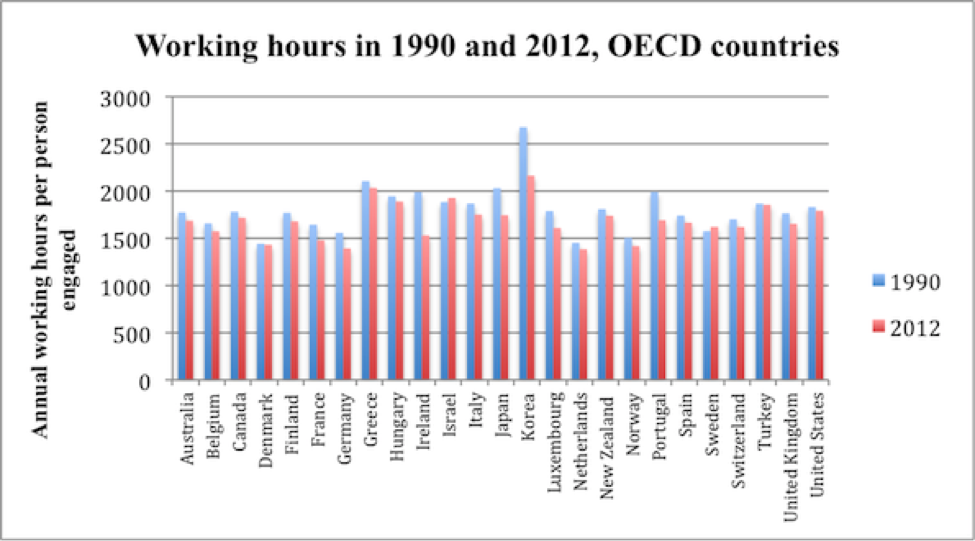
The cascade of pro-democracy protest across the Middle East presumably should not have caught the West off guard, but it did. The United States spends billions of dollars each year supporting Arab governments and on a vast intelligence service dedicated to better informing officials about on goings in the region. Regardless of the United States’ intimate role in the region, the Arab popular uprisings in Tunisia and Egypt blindsided the West. President Obama reportedly criticized the United States intelligence community for failing to predict the wave of revolt and again for underestimating its magnitude.[i] Memories flash in the minds of those who remember as an astonished West watched the 1989 Velvet Revolution topple the entrenched Communist regimes of Eastern Europe in a matter of weeks.
Consistent with the nature of these two recent bouts of popular pro-democratic revolution, many social scientists have determined that foresight into revolutionary upheavals of this magnitude is nearly impossible to ascertain because their thrust rests largely on the phenomenon of “critical mass social behavior.” According to this theory, a people will not rise up in revolt unless they are certain that a large proportion of others will rise en masse with them so that net benefits surpass net costs for an actor as an individual.[ii] The unpredictability of revolutionary action is also due in part to the principle of “preference falsification” in which a people misrepresent or suppress their political feelings due to perceived societal and political pressures or the fear of facing backlash from their government. [iii] Due to the obfuscation of preference falsification and the capriciousness of perceived critical mass thresholds, both analysts and people of the Middle East did not expect 2011 to open with a regional pro-democratic revolution. In the spring of 2011, the international community watched as the Arab world rose up and cast off the chains of fear and muzzle of obedience to pursue fair representation, oust their calcified regimes, and seek “aish, horreya, karama insannayia,” meaning “bread, freedom and human dignity.” Long-standing dictators in Tunisia and Egypt were overthrown in January and February, while mass protests sprung up throughout the region.
Abundant indicators pointed to the waves of change brewing under the stymied status quo in the Arab world. Decades of unchanging regimes, jobless economic stagnation, and the persistent lack of government accountability in the region created a breeding ground for fear and political dissatisfaction in the Middle East. Number crunching for the region’s socio-economic situation in the last decade indicated a dire forecast. Population growth, unemployment figures and resource management in the region produced a long-term logistical nightmare, the hopelessness of which fell particularly on Arab youth. The youth population of the Arab world exceeds 66 million, with people aged 15-29 making up for more than 20 per cent of the population.[iv] Social scientists call this social distribution a “youth bulge,” and believe that when a region passes this threshold, unrest undoubtedly ensues, as resource and employment competition is rendered unsustainable.[v] As the repressive political and economic climate in the region melded with the advent of communications technologies and the exposure of behind-the-scenes politicking through Wikileak-style transparency-initiatives, Arab dissatisfaction reached critical mass and boiled over.
The region swelled with pride as it watched an organic popular revolt, unflinching to police brutality, become a revolution in Tunisia. Mohamed Bouazizi’s now iconic act of self-immolation sparked what is dubbed “The Jasmine Revolt.” In one month the Tunisian people forced their President Zine El Abidine Ben Ali into resignation and exile, and security forces united with the people. Next, the world listened as Egypt, despite a full media blackout, roared in an unprecedented revolt against its thirty-year old regime. Cairo, or al-Qahera in Arabic, meaning literally “The Victorious,” struggled to redefine its own destiny with vengeance with youth-sponsored protests beginning on Egypt’s Police Day, an annual holiday celebrated every January 25th. Exasperated by thirty years of repression and energized by the successful coup in Tunisia, Egyptians called through the streets for the resignation of their president. In doing so, Egyptians effectively undermined the model of the Arab state and the legitimacy of Arab dictators across the region by setting the precedent that silence was unacceptable. Due in part to what has been dubbed “hacktivism,” the call to protest reached unprecedented levels in various Arab states as it spread through internet-based social media platforms and beyond.[vi]
Tunisia’s spark and the kindle provided by the Egyptian revolt lit the region ablaze within weeks. The precedent was set in many Arab states that the protest movement had reached a threshold of critical mass, and regional calls to protest ensued. Thirty years of the state of affairs in the Middle East were suddenly invalidated. On January 30, 2011, the Palestinian newspaper Al-Quds al-Arabi reported that men and women had gathered in the Saudi Arabian city of Jeddah to protest the corruption rampant in their government and to show their solidarity with the message of the Egyptian people. On February 01, 2011, Al-Jazeera reported that the Jordanian monarch King Abdullah II had sacked his government cabinet and replaced Prime Minister Samir al-Rifai with Marouf Barkhit, a former Prime Minister of the kingdom, in an attempt to pacify the waves of protest and tension in the country. Most Jordanian opposition forces deemed this symbolic act insufficient and have carried on their protest movement. On February 03, 2011, Al-Jazeera reported that 20,000 protesters converged in the Yemeni capital city Sanaa to demand that Al Abdulah Saleh resign after thirty years of ineffective rule. On February 05, 2011, The Wall Street Journal reported that hundreds had gathered in Manama, the capital city of Bahrain, to push for further reform and express their dissatisfaction as a Shiite-majority population with their Sunni monarch King Hamad bin Isa al-Khalifa.
Though starting with silent steps, these democratic movements have produced irrevocable consequences for the region in a matter of weeks. Secretary of State Hilary Clinton warned Arab leaders of a “perfect storm,” brewing in the Arab world,[vii] a storm that is now inexcusable to ignore or underestimate. The thresholds of critical mass in popular support for protest across the Middle East have been surpassed, and the people of the region have shed the pretense of preference falsification. They have paved a path for a new reality, awakening leaders in the Arab world and the West alike to the call of their demands.
[i] Mark Mazzetti, “Obama Faults Spy Agencies’ Performance in Gauging Mideast Unrest, Officials Say,” The New York Times, February 4, 2011.
[ii] Mark Granovetter, “Threshold Models of Collective Behavior,” The American Journal of Sociology, Vol. 83, No. 6 (May, 1978), pp. 1420-1443.
[iii] Timur Kuran “The Inevitability of Future Revolutionary Surprises,” The American Journal of Sociology, Vol. 100, No. 6 (May, 1995) pp. 1528-1551.
[iv] Jad Chaaban, ‘Youth and Development in the Arab Countries: The need for a Different Approach,’ Middle Eastern Studies, vol. 45, no. 1, (209): 39.
[v] Chaaban, 33.
[vi] Llewellyn Rockwell, Jr, “A People’s Uprising Against Empire” Al-Jazeera English, February 6, 2011.
[vii] “Clinton Warns of “Perfect Storm’,” Al-Jazeera English, February 5, 2011.



